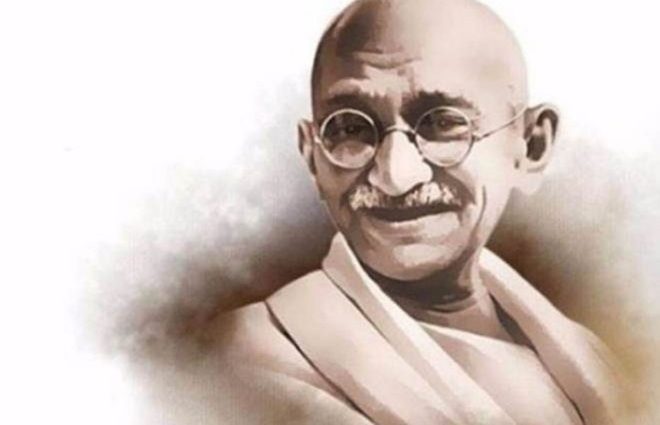Suresh Uniyal
When we talk about Nobel Peace Prize, one question that haunts us is why the epitome of peace and the staunch supporter of non-violence Mahatma Gandhi never ended up getting this prestigious award.
It’s not that Bapu was never considered for the honour. In fact, between 1937-48, the Father of Nation got nominated for the prize four times, in 1937, 1938, 1939 and 1947, but surprisingly never ended up winning it.
Every year, the final nominations for Nobel Prize are decided on February 1. In 1948, the fateful year when Gandhi ji was killed, his name was supposed to be included in the nomination. Two days before the list was to be released (on January 30, 1948), everybody’s beloved Mahatma Gandhi was shot at by Nathuram Godse and he left the world leaving everyone shattered. As per the rules, there was no provision for posthumously awarding Nobel Peace Prize and ironically Mahatma Gandhi the proponent of peace and non-violence who had good chances of winning the award that year never ended up getting it. In 1948, nobody was given the award.
But the question remains that why Mahatma Gandhi did not win the Nobel Peace Prize in all the years he was nominated previously despite his arduous struggle for India’s independence and principle of non-violence that resonated across the globe, while Nelson Mandela who followed in his footsteps was awarded Nobel Peace Prize in 1993.
Years after, in 2006, secretary of the Norwegian Nobel Committee. Geir Lundestad had expressed regret for the big miss and said: “The greatest omission in our 106-year history is undoubtedly that Mahatma Gandhi never received the Nobel Peace Prize. Gandhi could do without the Nobel Peace Prize, [but] whether Nobel committee can do without Gandhi is the question,” he said.
Why he was not considered for all the years he was nominated is unfathomable. There have been at least two instances one in 1931, when Nobel Prize for Literature was awarded to Sweden’s Erik Axel Karlfeldt, and another in 1961 when Dag Hammarskjold won Nobel Peace Prize posthumously. There were two other instances when posthumous awards were given, but both the recipients were alive at the time of announcement of the honours. One was in 1996, when Nobel Prize for Economics was bestowed upon Canada born William Vickret who passed away a few days before the award function. Another one was in 2011 when Ralph Steinman from Canada was given Nobel Prize in Medicine posthumously after he died three days prior to the ceremony. The committee wasn’t aware of his death before.
One cannot help but think that all the four names emerge from the countries Canada and Sweden both belonging to the western block, unlike Mahatma Gandhi who belonged to a third world country.

